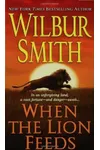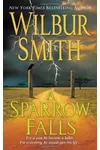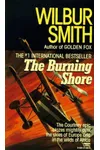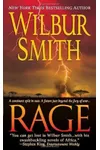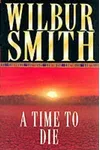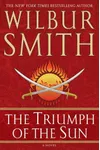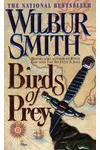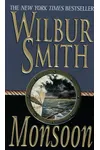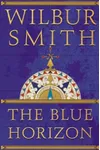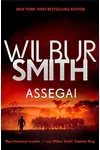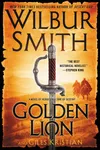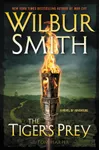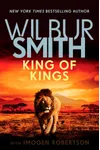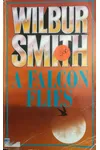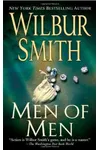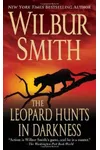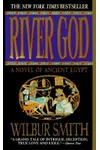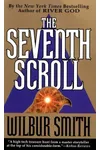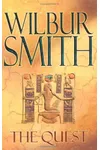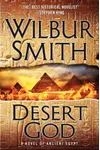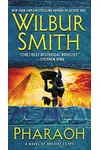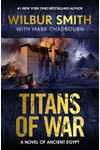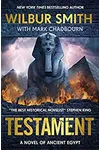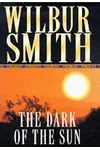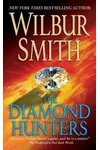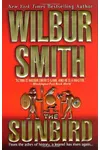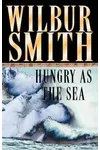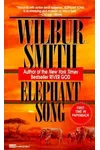Picture a Zambian-born storyteller who spun Africa’s wild heart into epic adventures—meet Wilbur Smith! With over 80 million books sold, this master of historical fiction thrilled readers with tales of courage, romance, and untamed landscapes. From humble beginnings to global fame, Smith’s novels invite you to lose yourself in Africa’s pulse-pounding past.
Born in 1933 in Northern Rhodesia (now Zambia), Smith’s life was steeped in the continent’s raw beauty and danger, shaping his vivid storytelling. Despite early rejections, his perseverance turned him into a literary legend. Let’s dive into the journey of a writer who brought Africa to the world!
The Making of Wilbur Smith
Wilbur Addison Smith grew up on a cattle ranch, surrounded by Zambia’s sprawling wilderness. His father, a metalworker turned rancher, and his mother, a lover of literature, sparked his imagination. Young Wilbur devoured adventure stories, but a bout with polio at 18 tested his resilience. After studying commerce in South Africa, he worked as a tax accountant—a far cry from the thrilling worlds he’d later create. Inspired by his mother’s encouragement and authors like Ernest Hemingway, Smith began writing in his 20s. His first novel, The Gods First Make Mad, was rejected, but he pressed on, fueled by a passion for storytelling.
At 28, Smith struck gold with When the Lion Feeds (1964), a saga of a young man’s rise in colonial South Africa. The book’s success launched the Courtney series and marked Smith as a rising star. His early struggles taught him to weave grit and heart into every page, setting the stage for a prolific career.
Wilbur Smith’s Unforgettable Stories
Smith’s novels are cinematic journeys through Africa’s history, blending adventure, romance, and family drama. His 49 books, including the Courtney, Ballantyne, and Egyptian series, pulse with vivid settings—from gold-rush frontiers to ancient pharaohs’ tombs. His style? Gripping plots, larger-than-life characters, and meticulous research that makes Africa’s past leap off the page.
When the Lion Feeds introduced Sean Courtney, a bold hero navigating love and betrayal in 19th-century South Africa. Its sequels, like The Sound of Thunder, cemented Smith’s knack for sprawling family sagas. The Ballantyne series, starting with A Falcon Flies (1980), explores Rhodesia’s colonial struggles with swashbuckling flair. In the Egyptian series, River God (1993) whisks readers to ancient Egypt, following the cunning eunuch Taita. Smith’s ability to craft heroes—flawed yet fearless—kept fans hooked across decades.
His themes of survival, ambition, and the clash of cultures resonate deeply, rooted in his African upbringing. While critics sometimes noted his formulaic plots, readers adored the escapism. Several novels, like The Burning Shore, were adapted into films and miniseries, bringing his vision to screens worldwide.
Why Wilbur Smith Matters
Wilbur Smith didn’t just write books; he brought Africa’s soul to millions. His stories, translated into 26 languages, introduced global readers to the continent’s history and beauty, from Zulu wars to Egyptian dynasties. He inspired adventure writers like Clive Cussler and showed that perseverance could turn rejections into a legacy. Even after his passing in 2021, Smith’s novels remain timeless, inviting new generations to explore his thrilling worlds.
His work also supported conservation efforts, reflecting his love for Africa’s landscapes. Smith’s ability to blend historical accuracy with heart-pounding drama made him a giant in historical fiction, leaving a mark as enduring as the savannas he loved.
About Wilbur Smith
- Born: January 9, 1933, in Northern Rhodesia (now Zambia)
- Key Works: When the Lion Feeds, River God, A Falcon Flies
- Sales: Over 80 million books sold worldwide
- Legacy: Adapted into films and miniseries, inspired conservation efforts
Ready for an adventure? Grab When the Lion Feeds and dive into Wilbur Smith’s thrilling historical fiction!
